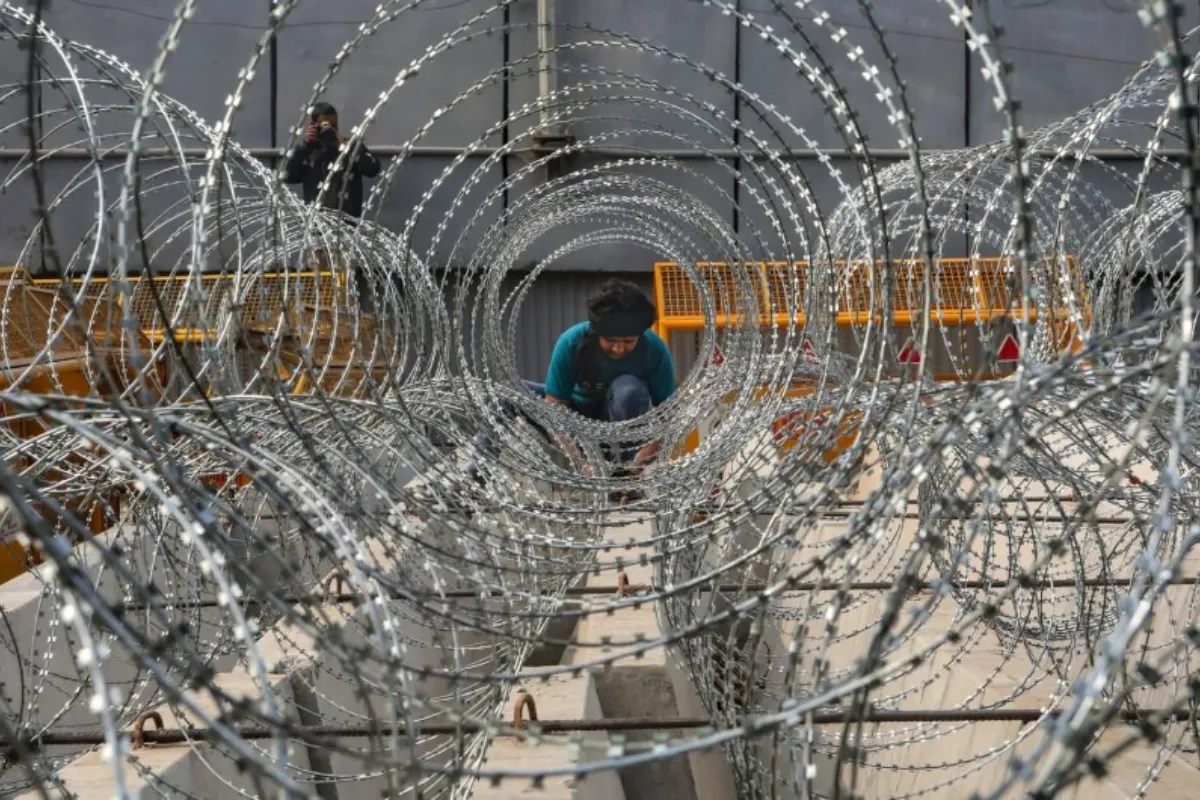Indian farmers are back in action, hitting the streets once more in protest. Following a tense meeting with Union ministers that ended without resolution, farmer leaders have revived the ‘Delhi Chalo’ march, demanding a legal guarantee for Minimum Support Price (MSP). With Delhi and surrounding areas under tight security, there’s growing concern about potential disruptions and prolonged unrest. The nation watches anxiously as tensions escalate, anticipating significant implications ahead.
What’s Different From 2020-21 Protest
The latest Farmer Protest, dubbed “Delhi Chalo 2.0,” reignites the fight for agricultural reforms while marking key differences from the 2020-21 movement. Now, farmers are demanding a legal guarantee for Minimum Support Price (MSP) and implementation of the Swaminathan Commission recommendations, unlike the repealed farm laws they previously protested for earlier. New leadership spearheads the movement with Jagjit Singh Dallewal and Sarwan Singh Pandher replacing prominent figures like Rakesh Tikait and Gurnam Singh Charuni. The government this time around as proactively engaged in negotiations before the march, contrasting the 2020 response. Security measures have also intensified with stricter blockades and restrictions imposed to deter farmers from reaching Delhi.
Dialogue Deadlock – Frustration Boils Over
Despite marathon talks lasting over five hours, the government and farmer representatives failed to reach any concrete agreement. While Agriculture Minister Arjun Munda expressed optimism about progress made on “most issues,” farmer leader Sarwan Singh Pandher painted a starkly different picture. “We don’t see any seriousness from the government,” he declared, highlighting their unwavering stance on the MSP guarantee. This perceived lack of progress has fueled the farmers frustration, pushing them to take their fight to the streets once again.
Government Offers Concessions, Falls Short of Expectations
The Centre did attempt to placate the farmers by agreeing to withdraw cases filed against them during the 2020-21 protests and offering compensation to families of deceased farmers. However, these measures fell short of their core demand for a legal framework securing MSP, a critical issue impacting their livelihoods and overall well-being. This gap in expectations has widened the chasm between the two sides, making compromise seem increasingly distant.
Security Measures at its Peak
Anticipating the influx of protesting farmers, Delhi has transformed into a security fortress. Commissioner Sanjay Arora implemented a sweeping order banning large gatherings and rallies until March 12th. Stringent restrictions on vehicular movement, particularly tractor trolleys, have been imposed. Key border points like Singhu, Tikri, and Ghazipur, infamous for their role in previous protests, stand fortified with imposing concrete blocks, barbed wire fences, and a heavy police presence. Despite these formidable barricades, farmer leaders remain undeterred, vowing to “breach them in no time.”
Haryana & Punjab Brace for Impact, Commuters Face Disruptions
Similar security measures have been implemented in Haryana, bordering Punjab, the epicenter of the current agitation. State authorities have deployed paramilitary forces, Haryana Police personnel, and surveillance technology along key borders to deter and manage potential protests. Commuters are bracing for disruption, with private vehicle movement facing curbs and alternate routes being advised.
Nationwide Solidarity Gathers Momentum
The ‘Delhi Chalo’ march, spearheaded by farmers from Punjab’s Sangrur district, officially began on Tuesday morning. Over 2,500 tractor trolleys are expected to join the procession, aiming to reach the national capital by afternoon. This march serves as a rallying cry, seeking solidarity from over 200 farmer unions across the country, aiming to amplify their collective voice and strengthen their bargaining power.
Intelligence Warns of Prolonged Standoff, Religious Support Eyed
Intelligence reports paint a concerning picture, suggesting a potential months-long siege by farmers who might seek support from religious sites to sustain their agitation. This raises the specter of prolonged disruption and potential social unrest, adding another layer of complexity to the already volatile situation.
Eyes on Dialogue, Fears of Escalation
As the ‘Delhi Chalo’ march unfolds, the nation holds its breath. All eyes are on the Centre and farmer leaders to bridge the gap in their demands. Whether dialogue prevails or tensions escalate further remains to be seen. However, one thing is certain: the fight for agricultural reforms and fair treatment for farmers continue, and its outcome will have far-reaching consequences for the nation’s socio-economic landscape.
